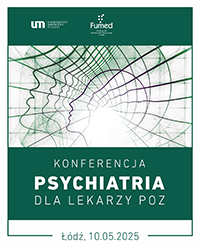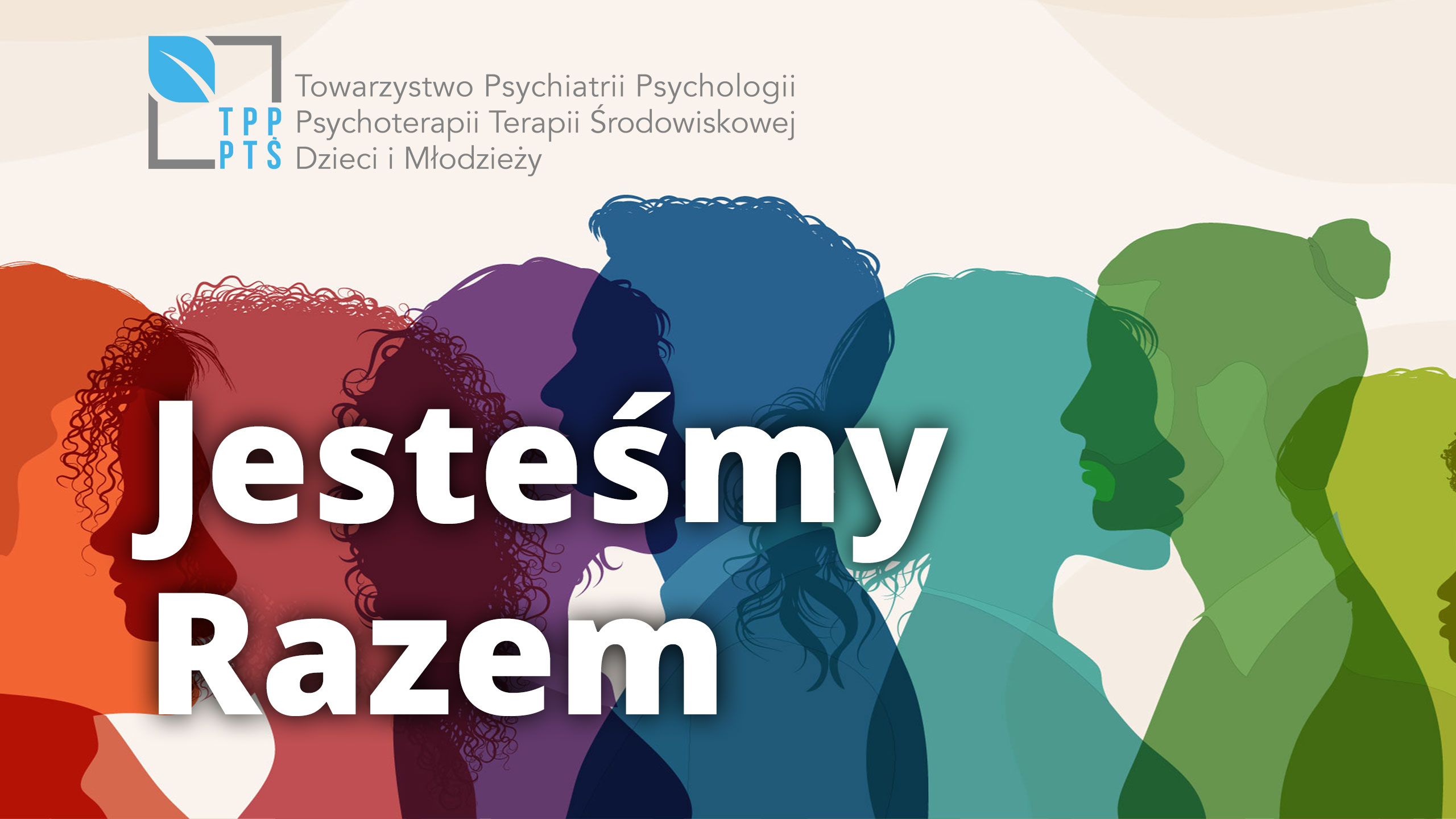Maladaptive schemas, coping with stress and burden of care in caregivers of individuals with schizophrenia. Preliminary study
Joanna Siewierska, Jan Chodkiewicz
 Affiliacja i adres do korespondencji
Affiliacja i adres do korespondencjiPurpose: The study is an attempt at describing the psychological characteristics of caregivers of relatives with schizophrenia which contribute to deepening or reducing the negative consequences of care. The study examines the relationship between the burden of care and maladaptive cognitive schemas and strategies of coping with stress used by the caregivers. Exploring this problem area may be important for the planning and implementation of support programs for people caring for relatives with mental illness. Material and methods: Thirty caregivers of relatives with schizophrenia completed a questionnaire set comprising the Zarit Burden Interview, the Mini-COPE, the Young Schema Questionnaire – Short Form 3 (YSQ-S3-PL) and a sociodemographic sheet. Results: Significant relationships were found between burden of care and sociodemographic indicators, maladaptive schemas and adaptive/non-adaptive coping strategies. Especially, caregivers of family members with schizophrenia which is associated with depression and/or alcohol dependence are more likely to report the burden of caring for individuals with schizophrenia than those with somatic comorbidities. Higher burden of care characterises caregivers who have a higher level of eight out of 18 maladaptive schemas and less frequently use active coping with stress. Correlations between maladaptive schemas and coping strategies have also been obtained. Conclusions: In working with carers of relatives with schizophrenia, special attention should be paid to the coexistence of other disorders like depression or alcohol abuse. Moreover, the work should be focused on maladaptive schemas in caregivers, which can block their use of adaptive strategies of coping with stress.






















